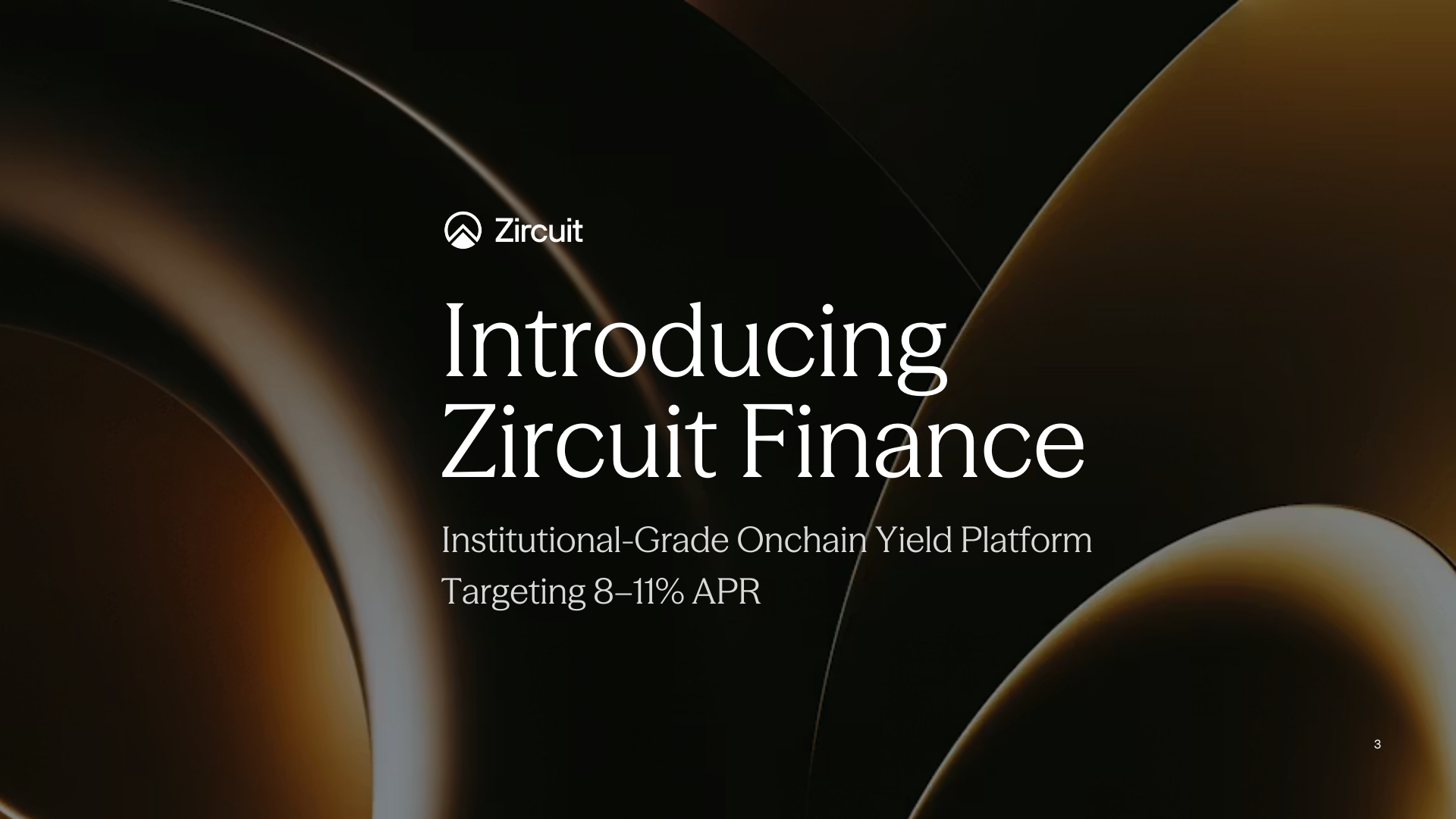Key Insights
- The US SEC released an article on its education website as part of its investor education drive.
- The SEC has increased the regulation of crypto firms.
- SEC is seeking more funding and wants crypto assets classified as securities.
Amidst the outcry that the Securities and Exchange Commission (SEC) keeps fueling the anti-crypto agenda, the regulatory body has not reduced the tempo.
On the contrary, in the last year, the regulatory body has sanctioned more crypto firms than ever.
Now, the SEC is introducing more regulatory frameworks, perceived to be against the major players in the ecosystem.Â
What’s more? The U.S. regulator doesn’t just go up against one particular body – it goes against exchanges, companies and/or owners.
Nobody is exempted from their reach.

SEC Promoting Anti-Crypto Agenda?
In March, SEC released an article on its education website titled “Exercise Caution with Crypto Asset Securities: Investor Alert.â€
The regulatory body revealed that the article is part of its investor education drive, which includes an anti-corruption agenda.Â
Similarly, SEC says the investor education drive aims to teach investors and traders how to avoid being scammed and contains a comprehensive warning about the tech.
One of the highlights of the newly released article is the warning to investors— to be cautious of companies that may be selling securities.Â
While SEC maintains that the investor education drive is in the interest of investors, a large section of industry players does not agree. They opined that the latest agenda is anti-crypto.Â
They corroborated this assertion with Gary Gensler’s stance. Undoubtedly, the SEC’s chair has not hidden that he is all out to gun the tech and ‘restore’ sanity in the industry.
He also wants investors to diversify into traditional assets and perhaps do away with decentralized assets.
This is evidenced in his numerous actions and comments in the past and, of course, present.

What does the SEC Want from Crypto?
Many say the FTX collapse has necessitated the heightened regulations of the industry by the SEC. This might ring true as the crypto ecosystem has witnessed increased regulations since the FTX collapse.Â
For instance, SEC’s sanctions increased by 36% between 2021 and 2022. Within this period, the SEC exerted over 750 enforcements with more than $6.4 billion in penalties and sanctions.Â
In 2023, the regulatory body sanctioned Paxos, Kraken, Coinbase, Genesis, and Gemini, among others. The latest name on the war list is Binance.Â
The regulatory body and CFTC have accused Binance of violating several trading laws. First, the SEC alleged that Paxos, the issuer of Binance’s BUSD, issued an ‘unregistered security.’
Paxos then got ordered by the New York Department of Financial Services (NYFDS) to cease minting the coin.Â
Numerous controversies have plagued Binance ever since, with the value of BUSD tumbling.
Being the most significant US crypto exchange, this issue is paramount and would shape the relationship between the regulator and industry players within the US ecosystem.Â
The SEC has requested extra funds for its budget to expand its frontier in all areas. This would enable the agency to deal decisively with crimes in the ecosystem.Â
Gensler has been at the forefront of calls to classify crypto assets as “securities.†This classification will enable the SEC to oversee the industry.
More so, firms will be mandated to abide by every rule guiding securities — in line with SEC’s regulation.
Disclaimer: Voice of Crypto aims to deliver accurate and up-to-date information but will not be responsible for any missing facts or inaccurate information. Cryptocurrencies are highly volatile financial assets, so research and make your own financial decisions.









